
How to Stop Procrastinating and Boost Your Willpower by Using “Temptation Bundling”
Recommendation
To exercise or to binge-watch Netflix, that is the question. One behavior you should do; the other, you want to do. Exercising is the healthy option with long-term benefits, but decompressing by watching your favorite show offers immediate gratification – until the guilt sets in, that is. Self-help guru James Clear recommends combining both tasks using a technique called “temptation bundling” to boost your motivation and reduce procrastination. His life hack will allow you to enjoy a guilt-free life of planned indulgences that are psychologically healthy and boast long-term benefits.
Summary
About the Author
James Clear is the author of Atomic Habits. He writes about a broad range of self-improvement topics, including work habits and decision-making.








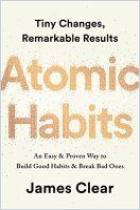


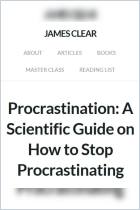
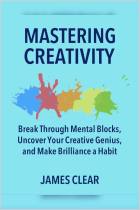

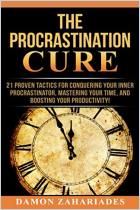
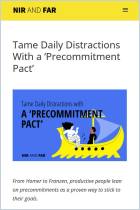

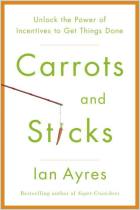
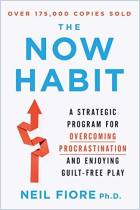



Comment on this summary